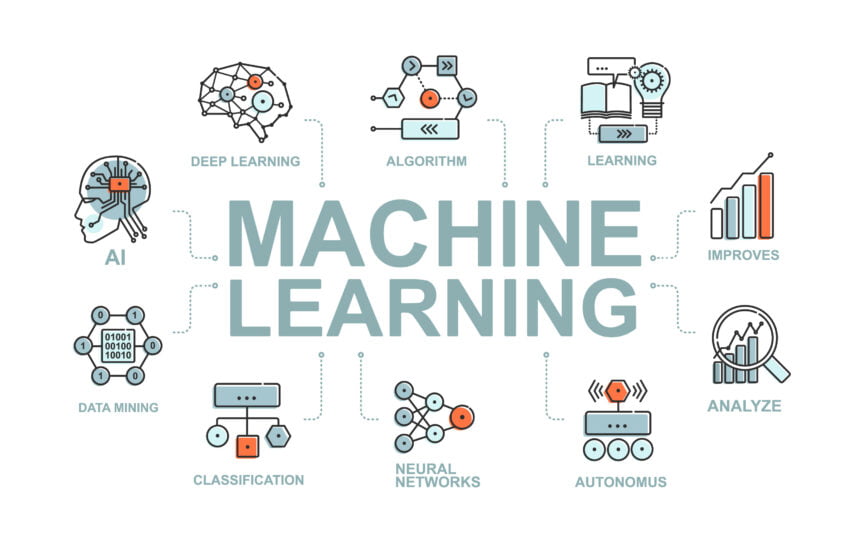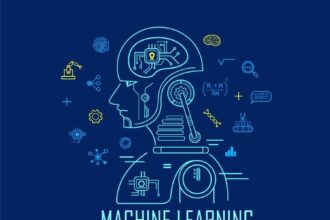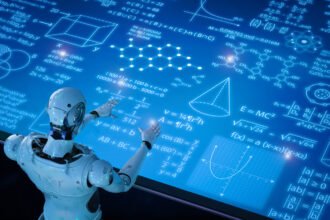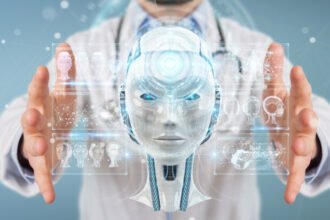Although machine learning is still in its infancy, it is developing at a breathtaking pace to improve the reach of artificial intelligence.
Since this type of advanced technology is at the cutting edge of industrial innovation, many large companies invest heavily in artificial intelligence and machine learning research. These tech giants are learning how to improve these technologies and simultaneously trying to figure out various implementations for them going forward.
Already many companies are using machine learning in a variety of exciting ways. For example, they use this technology to improve communications, find new customers, and target new audiences with solutions to their stubborn problems.
Of course, none of these business tasks are new, but they were previously done manually. What is different now is that machine learning makes it easier to get these tasks done more quickly, efficiently, and cost-effectively.
Here are five ways machine learning is changing business operations
1. Data management is driven by machine learning.
Merging machine learning with master data management solutions is creating remarkable changes in the business world. When a master data management solution utilizes machine-learning processes, it enhances business agility, making it possible for a business to gain a competitive edge in the marketplace. In a world where data points and data sets are constantly changing, merging, and updating, an all-in-one management system thrives on the ability to adjust and adapt as needed.
2. Machine learning is enhancing conversational intelligence.
Internet users are becoming increasingly familiar with chatbots. Today, many businesses use chatbots as part of their business operations. A virtual chatbot converses with website visitors. It identifies new customers and filters their requests for more information. A chatbot can also gather helpful customer information in a follow-up conversation. It can also free up the time of customer service members by filtering out trivial questions from casual website visitors who aren’t serious about making a purchase.
3. Machine learning is improving recruiting and hiring.
Human resource professionals are often overwhelmed by the daunting task of sifting through hundreds of employment evaluation tests, cover letters, and resumes every single day when their company is hiring for open positions. With a large company, they will need to sift through thousands, rather than hundreds, of applications. Machine learning standardizes the hiring process to make it faster to organize and analyze job applications. It?s now even possible for technology to build profiles of the most suitable candidates for an open position.
4. Machine learning is speeding up content generation.
It takes human beings a long time to research information, organize it around a theme, and communicate it. Large media organizations like the Washington Post are using machine learning and artificial intelligence for large data-gathering projects like election results. Technically, machine learning algorithms can create blog posts and press releases comprehensible to human readers, but the AI software is costly, and the content only suitable for first drafts. Human editors are necessary to delete irrelevant information and improve the sequential flow of ideas.
5. Machine Learning is offering customer relationship insights.
Companies can sift through data on consumer trends and get an overview of the comments made on user review websites. This information is useful for marketing intelligence, allowing marketers to make informed decisions about consumer interests.
The Future of Machine Learning
What impact machine learning will have on business productivity and industrial growth is not clear. Currently, most opinions about its impact on the economy are based on speculation.
It is still too early to inform business owners what to expect if they invest in this technology. More data will be necessary to offer a precise prediction of the future of machine learning. But it is reasonable to expect machine learning to advance rapidly enough to eventually have a significant impact on the evolution of business practices.
Ultimately, SMBs will find a use for machine learning and artificial intelligence and discover new ways of improving their business operations.











